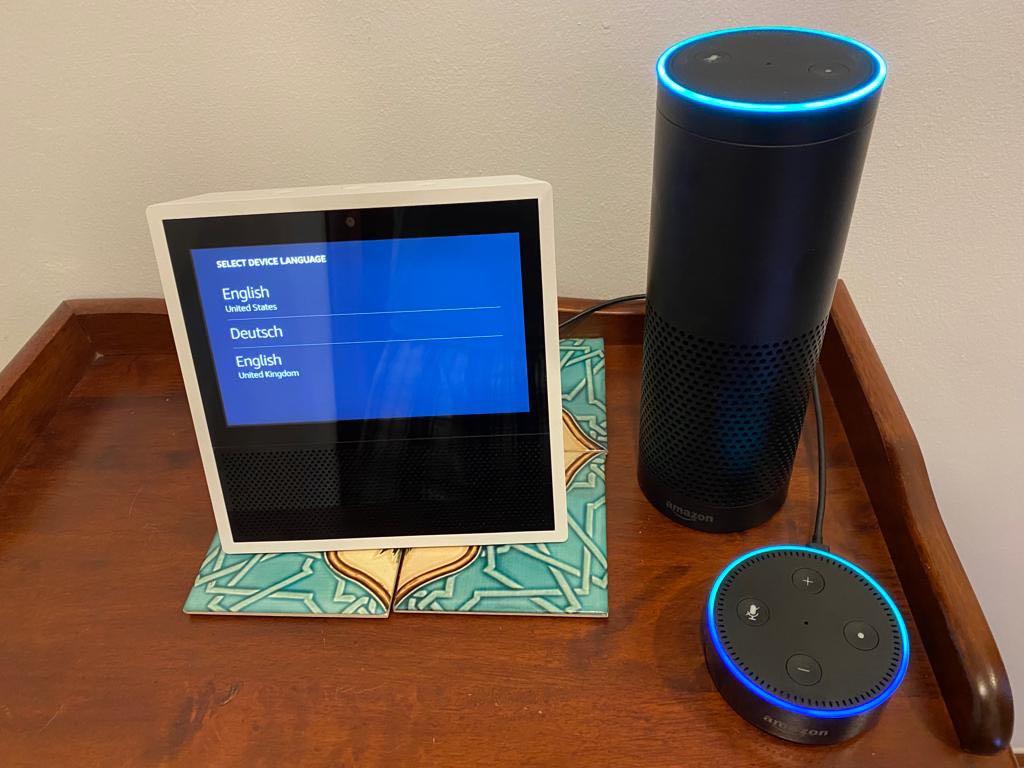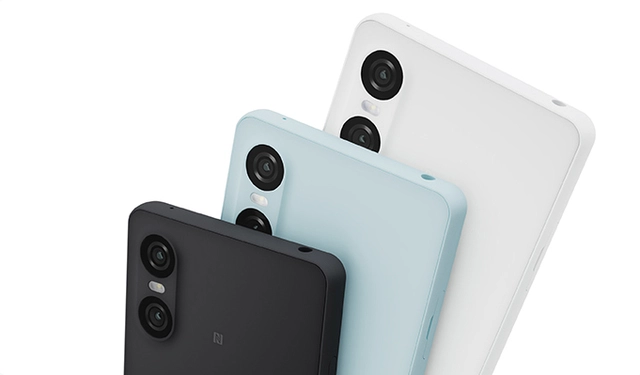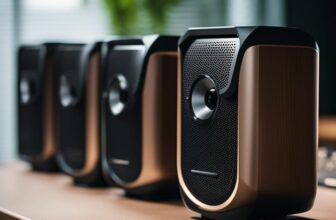Bookshelf speakers are a great way to improve your home audio setup without taking up too much space. However, with so many options available in the market, it can be a challenge to determine the best ones for your needs. Whether you’re looking to upgrade your existing speakers, or setting up a new audio system from scratch, it is essential to consider various factors before making a purchase. This comprehensive guide aims to help you make an informed decision by covering all the essential features you need to look for when buying bookshelf speakers. Read on to discover what to consider, and get ready to elevate your listening experience to new heights.
When looking to buy bookshelf speakers, it can be difficult to know which features to consider and what type of speaker will best suit your needs
A bookshelf speaker is one of the most versatile audio equipment you can own. The countless models and brands make it difficult for buyers to select the perfect one for them. The process can be a little overwhelming, especially for beginners or non-technical people looking for their first set of speakers.
One main problem is that most buyers focus solely on the price factor. Many people tend to assume that the more expensive the speaker is, the better its quality. However, this is not always the case. High-end speakers might not always be the best fit for a small room, and the buyer could end up with an unpleasant sound experience.
Another common problem that buyers face is the lack of understanding of tech specifications. This leads to confusion and frustration, and many shy away from purchasing speakers altogether. One might get lost in factors such as impedance, power handling, room size compatibility. To make accurate decisions, these technical specifications need to be understood and compared.
So, what is the solution? It’s simple. When buying bookshelf speakers, it is important to look at factors such as audio quality, room size, frequency response, impedance, power handling, sensitivity, design, and budget. Understanding these factors will help you make informed decisions and avoid any confusion when seeking a pair of quality speakers. Additionally, getting recommendations from tech-savvy friends, reading product reviews, and even consulting with sales experts will significantly help you in purchasing the right speaker for your needs.
It can be confusing to sort through the endless choices of bookshelf speakers and their confusing technical specifications when buying them. However, when one focuses on the right specifications and seeks advice from experts, they’ll find themselves an excellent pair of bookshelf speakers that will serve them perfectly.
When buying bookshelf speakers, it is important to look at factors such as audio quality, room size, frequency response, impedance, power handling, sensitivity, design, and budget
You need to do your research before investing money in a product that may not meet your needs. The number of options available today can be overwhelming. Most importantly, you want to make an informed decision before spending money on a product that may not meet your needs. In this blog post, we will guide you through the most crucial factors to consider when buying bookshelf speakers.
The first aspect to look at is the audio quality. This primarily depends on the type of music you prefer to listen to and the level of sound quality you desire. Take note of the speaker’s frequency response, which indicates the speaker’s ability to reproduce sound frequencies. However, it is essential to note that there is no perfect frequency response that suits every individual’s preferences.
Another thing to consider is the room size. For instance, if you have a large room, you would want to buy speakers that have a higher sensitivity and power handling to produce adequate sound levels. Additionally, the impedance of speakers plays a significant role, as a mismatch between speakers and receiver can lead to suboptimal audio quality.
You also want to consider the design of your desired bookshelf speakers. Some speakers come with a sleek finish and modern design while others may be mounted on stands. Your decision may depend on the aesthetics of your room and the intended use of the speakers.
Finally, it is always crucial to consider your budget. Bookshelf speakers come in different price ranges, and it is essential to choose a set of speakers that you can afford, but nonetheless, still provide satisfactory audio quality.
Therefore, it is imperative to do extensive research and thought when buying bookshelf speakers. By carefully considering factors such as audio quality, room size, frequency response, impedance, power handling, sensitivity, design, budget, you can find the perfect set of speakers that satisfies your needs budget.
By taking all of these factors into account when purchasing bookshelf speakers, you can ensure that you get the best possible sound quality and the best value for your money
There are many bookshelf speakers available on the market today, and choosing the right one can be tough. While you want to get the best value for your money, you also want to make sure that you’re getting good sound quality. By taking all of the following factors into account, you can ensure that you make an educated and informed purchase that will meet all of your audio needs.
One of the main benefits of considering these factors is that you can avoid wasting money on a speaker system that does not meet your needs. Investing in quality bookshelf speakers means that you can enjoy crystal-clear sound without breaking the bank. Moreover, these speakers are often designed for compact spaces, meaning they won’t take up too much space in your living room or office.
Here are some key factors to consider when purchasing bookshelf speakers:
1. Size – Make sure that the size of your bookshelf speakers is appropriate for the space you plan to use them in.
2. Sound quality – Look for speakers that produce clean, clear, and balanced sound with minimal distortion.
3. Power – Consider the wattage and the size of the amplifier that will make the speakers work.
4. Aesthetics – Consider the overall look and design of the speakers, to ensure they match your decor.
5. Affordability – Consider the cost of the speakers and whether or not they provide value within your budget.
In addition to these key factors, it is important to consider the specific features and functionality of the speakers. For example, some speakers come with Bluetooth connectivity, allowing you to easily stream music from your smartphone or tablet.
By considering all these factors, you can make an informed purchase that ensures that your money is well spent and that the quality of the sound is excellent. So, take your time, do your research, and choose the perfect bookshelf speakers for your audio needs.
Conclusion
With this comprehensive guide, you can feel confident about your purchase of bookshelf speakers despite the fact that it can be overwhelming. In order to get the best sound quality and value for your money, take into account factors such as audio quality, room size, frequency response, impedance, power handling, sensitivity, design, budget. The right bookshelf speakers can provide an immersive listening experience, enhancing your enjoyment of music, movies, and more. So, take the time to do your research and invest wisely in a quality set of bookshelf speakers that will bring your home entertainment to the next level.






